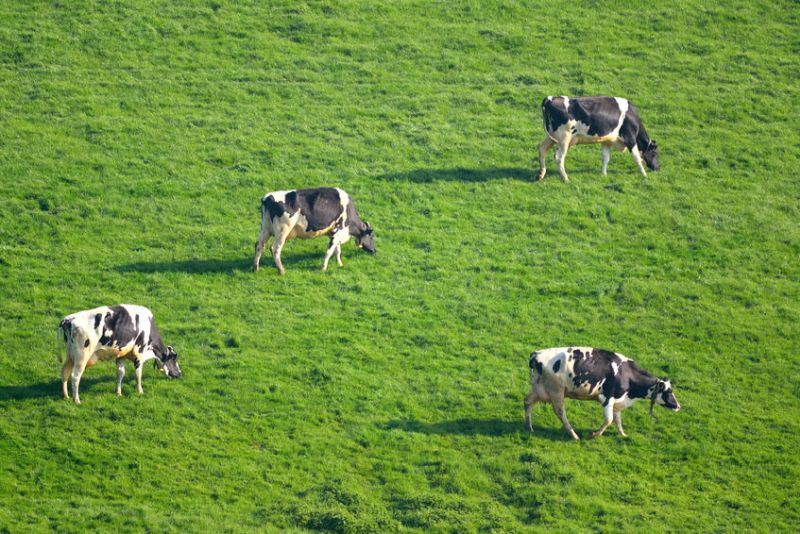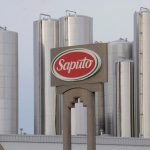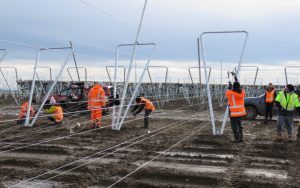
Contract milking for Synlait for the last 12 years, he said he had not seen a future as unpredictable as the one he faced with Covid-19.
“At the moment, the whole dairy sector is wary of what is going to happen over the next couple of seasons with a worldwide recession after Covid-19, hunkering down and waiting to see what happens.
“If people around the world have not got a disposable income, it takes the cream off the top of the milk price. We are with Synlait and their product will carry on, but prices will go up and everyone is guessing.
It may be a year, maybe two years, in the next six months we will get a clearer picture as to how the world is bouncing back,’’ he said.
Employment was still vital in the future, he said.
‘‘We are looking for a couple of workers at the moment, replacing one that is leaving and picking someone up in a casual role for the calving period around August. Ideally, the candidate will have experience but we know many applying for a casual position may not. It is all about work ethic, ability to learn and having the right attitude to work long and hard hours.’’
Many businesses throughout the country faced employment problems with migrant workers unable to enter the country.
‘‘I do not have any overseas staff and I was not looking for any. Some bigger farms are reliant on it and I know for a fact border restrictions and an inability to enter the country will be a long-term problem for other farmers. There are a lot of backpackers in the country on temporary visas and some who flew home and cannot come back.’’
Mr Adams posted an advertisement on Facebook for one casual staff member and received masses of inexperienced South American applicants desperate for work.
‘‘Many had been working in the tourism industry and lost their jobs. Many farms employ migrants from the Philippines or Fiji for a season but for farms that are reliant on that, it will be quite difficult. This is where it will be interesting to see Kiwis move out into farms looking for work.’’
He said South Canterbury was positioned well for those impacted by Covid-19 unemployment looking for work in dairy.
“Dairying is a lifestyle. If you have lost your job, as many have, and are considering a crack at dairy farming, then make sure you give it your best. You can get paid well and there can be rewards down the track as you work up the ladder. If you put in four or five years on farms and do extra training it can open up pretty quickly,’’ he said.
‘‘Come on Kiwis. There is a lot of opportunity.’’
Central Rural Life

























